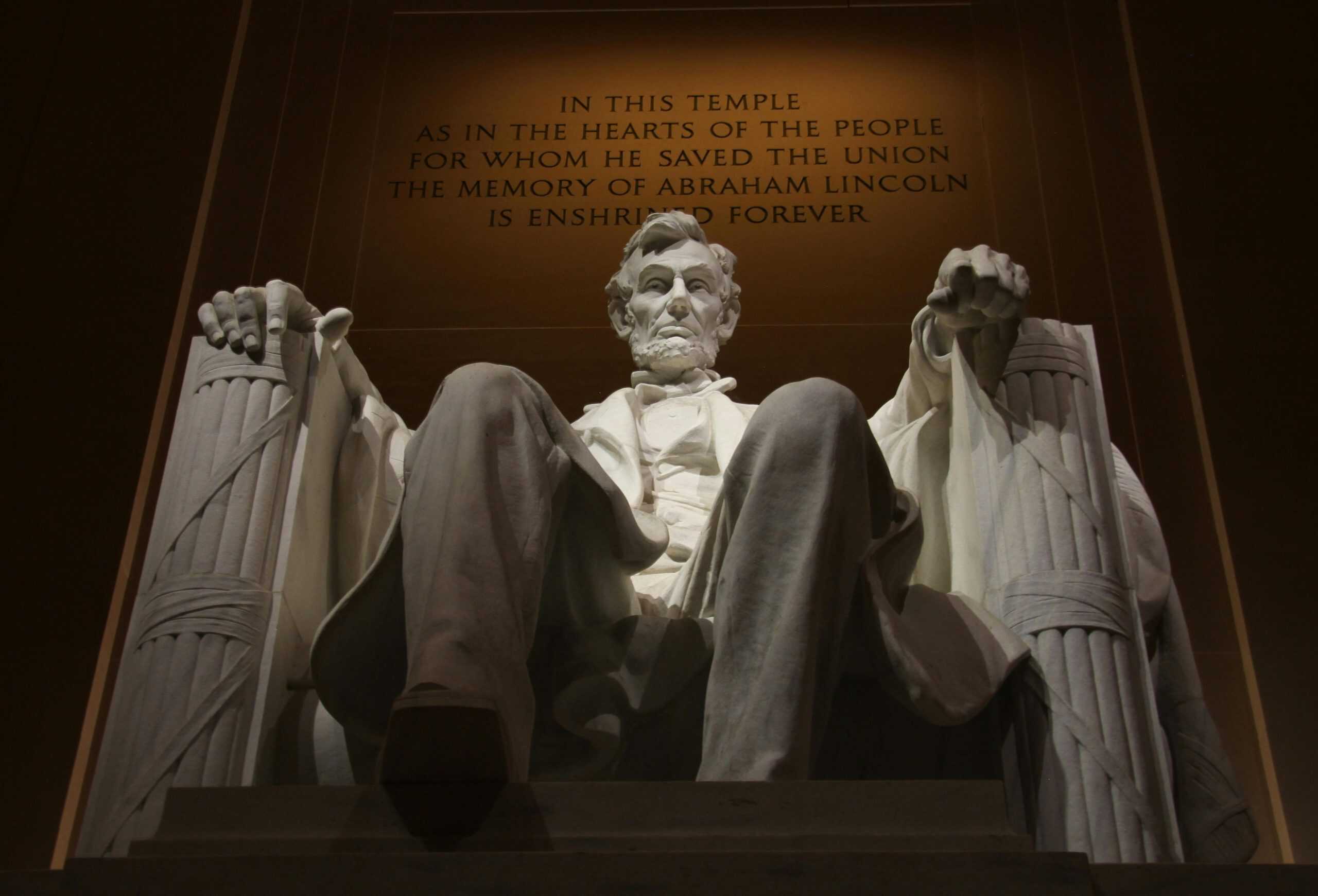What It Means to Be a Loyal Republican

You don’t have to be a historian or a political enthusiast to know that the Republican Party isn’t what it used to be under the stovepipe hats of Lincoln. While its roots lie in the 19th-century anti-slavery movement, the modern Republican agenda wears a different and more complex costume. But what exactly is that outfit? A neatly pressed suit of fiscal conservatism or a flashy red tie of populist rhetoric? Is it wearing a liberty cap, as favored by Thomas Jefferson?
Here is a glimpse for anyone who wants an insider’s breakdown: the Republican Party of today is about preserving what’s often called “American greatness.” At least, that’s according to the GOP’s own latest platform, “Make America Great Again.” Delve a little deeper, and you get a blend of policies aimed at limited government interference in economic life and strong social conservatism.
The Republican Economic Playbook
At its core, the GOP continues to champion the idea that free markets know better than government bureaucracy. The agenda leans heavily on cutting taxes (especially for businesses and top earners), streamlining regulations, and boosting American manufacturing. Think fewer “environmental hurdles” for energy production and strong support for fossil fuels. The GOP’s battle cry here is “drill, baby, drill,” although alternatives for energy are considered by more moderate members.
They also have a fondness for fairness in trade deals, which boils down to “America-first” policies that challenge foreign competition. In short, the Republican mantra on economics is pro-jobs, pro-business, claiming to deliver on the promises of capitalism.
Hot-Button Social Policies
The electorate braces as the ride isn’t slowing down. The party has embraced cultural issues like never before. They broadly advocate for stricter abortion laws and endorse policies like keeping “men out of women’s sports.” Opposition to what they call “woke indoctrination” in schools, including the teaching of racial and gender issues, is an important plank in the platform.
State-level Republicans continue to push limits when it comes to redirecting public life toward what is commonly called “Judeo-Christian traditions.” From bringing prayer back into schools to showcasing religious symbols in public spaces, the GOP stakes its claims in the public square. The alleged idea of “separation of church and state,” attributed to Thomas Jefferson, takes on different nuances in American life, depending upon the context.
The very beginning of what we know as the Republican Party rests in revolutionary fervor. Although some historical Democrats could better relate to Jefferson’s stand for states’ rights, any nation founded on revolution faces a choice: does one preserve the status quo or go further?
Border Control and Immigration Policies
Republicans (moderate and more conservative) mainly agree upon the need for a more secure border between the US and Mexico. Republicans, led by titles like “Largest Deportation Program in History” and “Finish the Wall,” have tripled down on border security. Policies for a protected southern frontier, swift deportations, and an “end the migrant invasion” platform are not mere words or discussed in a coffee shop or congressional lunch in Washington. President Trump’s ICE agents are carrying out their orders across the country.
Fewer Gray Areas, More Red Lines
Perhaps what makes today’s Republicans strikingly clear-cut is the unblurred, bold lines of their policies. There is no mistaking their beliefs on funding a robust military, protecting individual gun rights, or taking a hard stance on international rivalries. It is this directness that resonates with their voter base but equally polarizes others.
Yet, whether you love or dislike the policies, the GOP’s consistency in applying the brakes to big government and promoting social conservatism keeps them very much at the center of America’s political landscape. Will the Republicans adapt to changing demographics and attitudes, or will they stand on the policies their loyalists hold dear? Well, this is a debate for another day.

